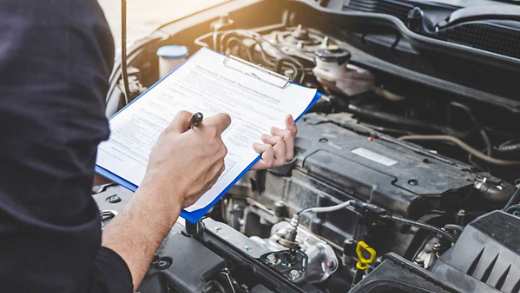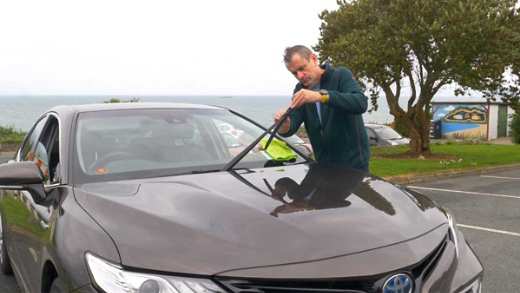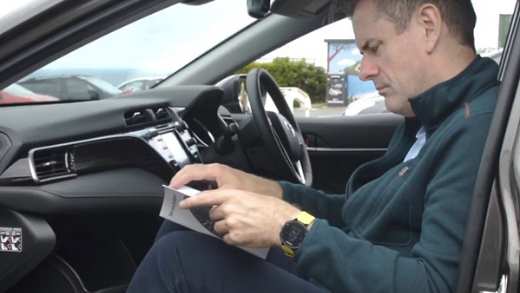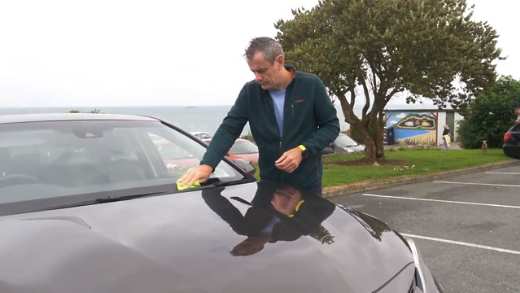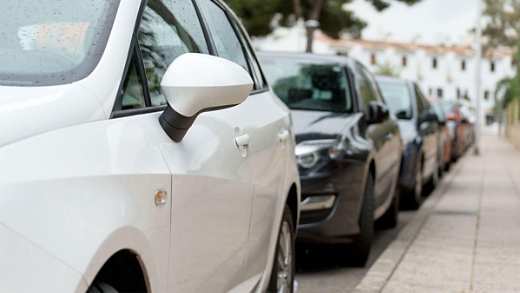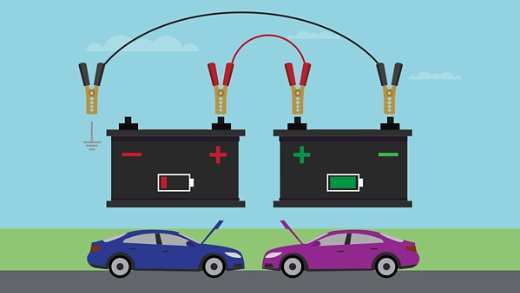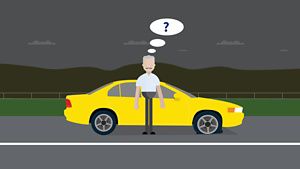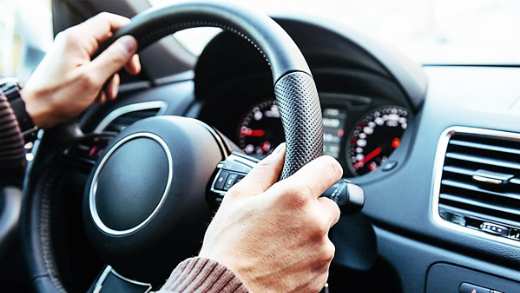As winter weather grips the country many of us find ourselves getting into the car and our heart dropping when it won't start… We spoke to motor journalist, Geraldine Herbert on how to make your winter mornings a little bit easier with some car battery tips:
Its freezing cold, you're running late, you sit down behind the wheel and your car won't start. Unfortunately, the arrival of winter brings multiple demands on a car's battery with additional strain from heated seats to climate control.

Battery failure is one of the most common causes of breakdown and despite what people may think they don’t actually last forever. Replacing them can save you a lot of time and inconvenience. Be sure that you’ve taken out an appropriate car insurance policy that will cover any repairs or replacements. Cold temperatures reduce the capacity of any battery and if it's more than three years old it's worthwhile having it checked. If your battery is reaching the end of its life, usually indicated by sluggish starting, then it’s time to think about a new one.
Car Battery Maintenance Tips
Follow these simple tips to maintain your car battery health and help avoid getting left out in the cold this winter:
- If your battery is more than five years old, now may be the time to replace it. Batteries differ in how long they last, but generally they've a life span of about five years so if your battery is several years old, it may be a good idea to get a new one.
- Remember frequent, short, stop/start journeys drain your car's battery faster.
- At the end of a journey ensure the lights, wipers and heater are all switched off as this prevents any unnecessary drain on the battery the next time you start up. Check again that everything is switched off before turning the ignition on.
- Avoid using heaters, heated screens and heated seats for longer than you have to and even some satnav, in-car DVD players and iPods can also drain the battery if left connected.
- Check that there are no interior lights, including boot lights, left on when getting out of the car.
- If you can, park your vehicle in a garage, especially in very cold temperatures.
- Get your battery properly tested, particularly if it's over three years old.
- If you notice the battery light on whilst driving this could indicate a problem with your battery’s charging system. You need to get this checked immediately.
- When parked up with the engine off, do not leave the ignition with the heater or demisters on because this will flatten the battery.
How to Check Car Battery Health
If you’re looking to check the health of your car battery at home, there are some things you can do:
- Use a voltmeter – if your battery is in good condition then the reading should be between 12.4 and 12.7 volts. Charge your battery if it reads below 12.4 volts.
- Use of a power probe – again, the voltage should read between 12.4 and 12.7 on the power probe.
- Crank the engine – upon cranking the engine, use a power probe to check the voltage. It shouldn’t drop below 9.6 volts.
Now that you’re all up to speed on your car’s battery health why not learn how to change a flat tyre?
Car trouble can happen to anyone, but with Aviva car insurance, breakdown rescue cover comes as standard.

